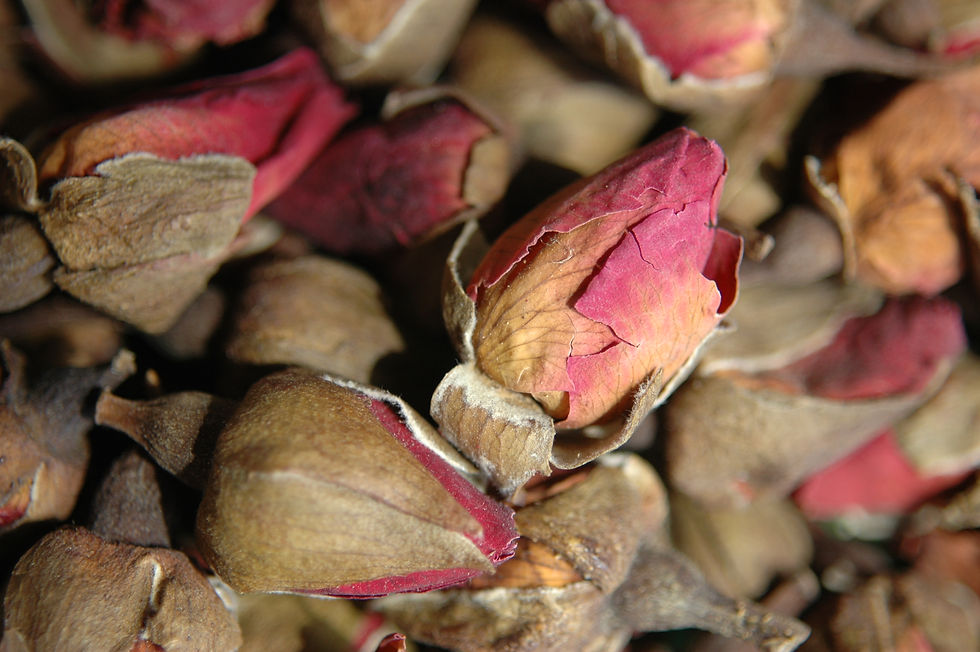
Polycystic ovary syndrome (PCOS) is an endocrine disease characterised by oligomenorrhea or anovulation, hyperandrogenism (manifested by menstrual disorders, hirsutism, acne, etc.) and insulin resistance (manifested by elevated insulin). It is a common endocrine disease of reproductive-age women, accounting for about 9% to 18% of all women in this age group. The cause of polycystic ovarian syndrome is still unknown, it may be a genetic disorder that is also influenced by medications, environmental and emotional factors.
Common symptoms of Polycystic Ovary Syndrome
Menstrual disorders: It is the most common symptom of PCOS, manifested as oligomenorrhea (menstrual cycle more than 35 days) or amenorrhea. Although some people have regular menstruation, but no ovulation.
Infertility: PCOS can be pregnant, but most of them are not easy to conceive, and anovulation is the main reason.
Excess body hair growth and acne: the most common manifestations of hyperandrogenism. Mostly occurs in the upper lip and lower jaw, followed by the chest and perineum. Acne is most common on the forehead and back.
Obesity: The incidence of obesity in PCOS patients is about 50%.
Acanthosis nigricans: It is manifested as thickening of the skin at the skin folds of the labia, back of the neck, underarms, groin, etc., with gray-brown pigmentation and soft texture.
The impact of polycystic ovary syndrome on women's health
Infertility: Due to long-term anovulation, women of reproductive-age are infertile.
Tumors: PCOS patients have an increased incidence of tumors, especially uterine, breast and ovarian cancers. In addition, the incidence of endometrial cancer in PCOS patients is twice that of normal women, which may be related to high levels of endogenous estrogen.
Coronary heart disease: Obesity and hyperinsulinemia are prone to coronary heart disease in PCOS patients.
Type 2 diabetes: The risk of type 2 diabetes in PCOS patients is 5 to 10 times higher than in normal women.

Chinese medicine treatment of polycystic ovary syndrome
PCOS is a heterogeneous and complex disorder that has both adverse reproductive and metabolic implications for affected women. Many western medical therapies have been used to manage PCOS, such as oral contraceptives, insulin sensitizers, and laparoscopic ovarian drilling. Chinese Medicine have been suggested as an alternative approach for women with PCOS.
The clinical symptoms of PCOS are different. For obese patients, it is recommended to control diet and increase exercise to reduce body weight and waist circumference, so as to restore ovulation and reproductive function. TCM treatment of polycystic ovary syndrome is based on the theoretical guidance of the overall concept of syndrome differentiation.
Common clinical types are: Kidney Yin deficiency (manifested as menstrual disorder, thin body, hot hands, feet and heart); Kidney Yang deficiency (manifested as infertility after marriage, obesity, waist pain, fear of cold, etc.); Phlegm Dampness block (manifested by excessive vaginal discharge, obesity, facial acne, etc.); Qi Stagnation and Blood Stasis (manifested by low menstrual flow, mental depression, irritability, etc.); Liver meridian damp heat (manifested by menstrual disorder, vaginal discharge The amount of multi-colored yellow, breast tenderness, etc.).
Chinese Medicine is normally a highly effective treatment for Polycystic Ovarian Syndrome. Both acupuncture and herbs can help regulate your cycle and alleviate many of the other unpleasant symptoms. Traditional Chinese Medicine is also very good for improving fertility if PCOS is making getting pregnant more difficult.
Treatment plans are unique to the patient, and it usually takes three to six months of regular treatment to obtain optimal results. The best outcomes occur when a woman uses both acupuncture and Chinese Herbal Medicine together, though some patients prefer to do just one or the other. Once the period becomes more regular, we would recommend the patient continue with herbs and get acupuncture once a month to maintain her cycle – especially if she is trying to conceive.
How to Manage Polycystic Ovary Syndrome
Polycystic ovary syndrome (PCOS) cannot be cured, but the symptoms can be managed. Whether it is to curb the development of the disease or prevent it from happening, one should pay attention to diet and daily life, and try to avoid various incentives.
Optimize your diet
Healthy Diet is an important part of treatment for PCOS. A reasonable diet can make the body consume excess fat and achieve the purpose of losing weight. Specifically, it is to limit the content of fat and sugar in food, such as fried food, fatty meat, Chinese and Western-style pastries, artificial butter, etc., and eat more cellulose-based foods.
Proper exercise
Appropriate exercise can promote the body's blood circulation, improve the body's immunity, and help endocrine coordination. Especially for obese PCOS patients, whether they are in adolescence or reproductive age, the most fundamental way is to lose weight, especially to correct unhealthy lifestyles before fertility treatment. Weight loss is conducive to the recovery of ovulatory function and improve pregnancy rate. Appropriate aerobic exercise is an important way to reduce weight, such as brisk walking, jogging, cycling, etc. At the same time, regular exercise can also help control blood sugar and blood pressure.
Mental conditioning
PCOS patients can be manifested as infertility, menstrual disorders, etc., which will inevitably bring mental pain to the patients, manifested as anxiety, fear, depression and so on. These unfavorable factors can directly or indirectly aggravate the disease and affect the treatment effect. Therefore, it is necessary to maintain a good psychological state, avoid excessive emotions or be unhappy, unhappy, and maintain a happy spirit in order to bring about good health.
PCOS is probably the most prevalent female hormonal disorder in women of reproductive age, and is a common cause of infertility but we are finding hope in a combination of Eastern and Western medicine. With treatment, most women with PCOS are able to get pregnant. Please feel free to contact us for more information and see how we could help.
Comentários